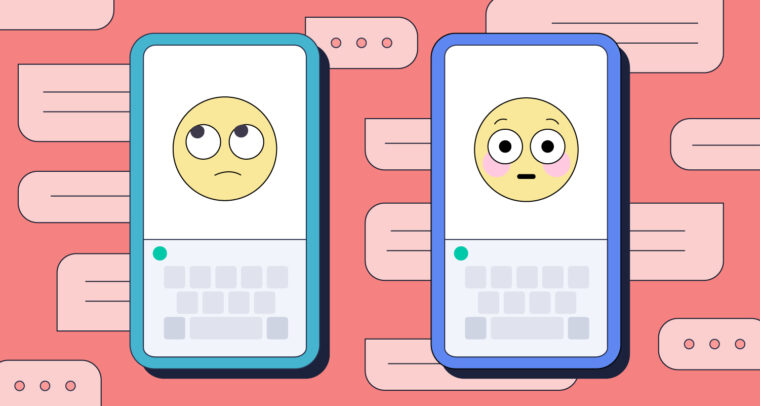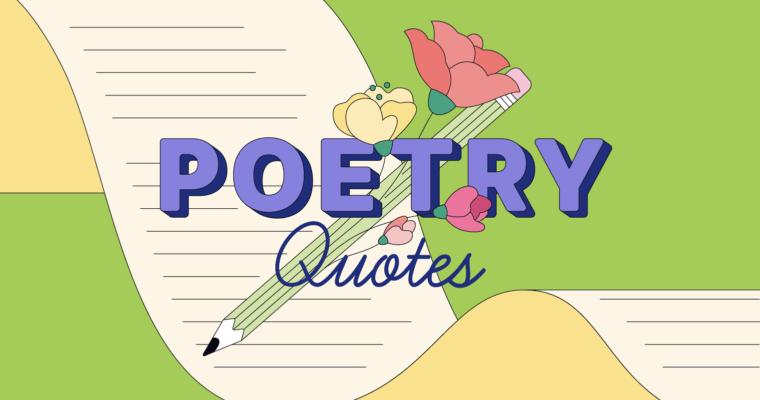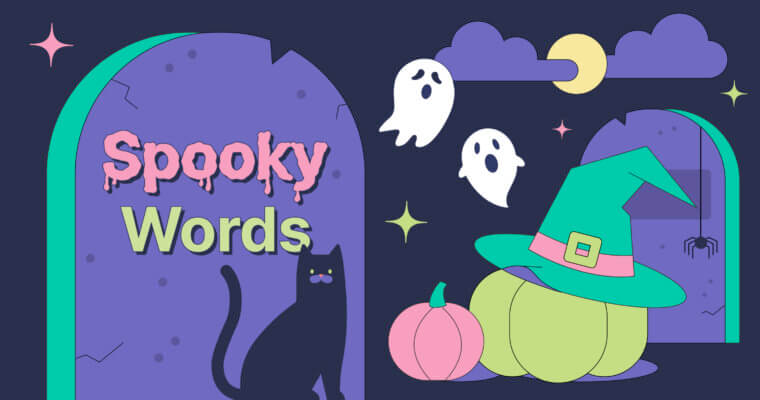
With how much we text on a daily basis, it’s inevitable to encounter an awkward texting conversation now and then.
For example, you send your roommate a detailed text about all the cleaning you did last night, asking her to please keep her dogs away from the polished kitchen floors.
Her response? “Noted.”
Immediately, you panic—thinking your usually verbose roommate is annoyed with you for pointing out all the cleaning you did, or for telling her what to do. But is she annoyed, really? How can you tell? Receiving a one-word reply after you’ve sent a long message doesn’t exactly feel like a good sign, and now the conversation is just . . . awkward.
In these delicate scenarios—where you truly don’t know how to reply (or whether you even should)—remember that it’s easy to misread messages. This is especially because if a message is unclear or can have multiple interpretations, we’re inclined to read them pessimistically, as research shows.
If you think the conversation you’re having took a turn for the worse, don’t fret. There are ways to remedy common sticky texting scenarios, including striking the appropriate tone and stringing together the right words. (Plus, a few playful emojis can help!)
Here are our tips for gracefully navigating some common awkward texting scenarios.
1 When autocorrect leads to an embarrassing typo
We’ve all fallen victim to autocorrect. Even though this handy technology is meant to help us, it often messes things up for us, too, from accidental profanities to autocorrects that distort your message.
Luckily, this one is an easy fix.
Start your next message with an “Oops!” and an apologetic tone. Then, simply type out what you meant to say and send it. For instance: “I meant getting married, not getting murdered!” By calling out the autocorrect fail, you’ll have another chance to say what you intended to in the first place.
2 When things get too deep for texting
Texting is extremely convenient for quick conversations. But for deep, emotional talk, communicating via text isn’t everyone’s ideal method.
If your friend texts you a bunch of open-ended questions, confessionals, or woes that feel too serious to respond to over text, tell them you’d rather have this conversation in person or over the phone. It’s OK to acknowledge that the medium of texting isn’t appropriate for every particular conversation.
The key to your response is to strike the right tone. Don’t shut down the conversation in a way that makes your friend feel bad or shortchanged. Instead, use an empathetic tone and let them know you’d like to continue chatting about this, just not via text.
3 When their response isn’t adequate (or existent)
You text your neighbor about borrowing their lawnmower, and they reply with a GIF of Beyoncé. You text your babysitter asking when she can pick up the kids this Friday, and she replies “K.”
In these scenarios, the response is far from clear, causing you to feel confused and unsatisfied. Rather than allowing your neighbor to reply exclusively with GIFs and memes, tell them why you prefer a fuller response (in writing, at that!).
Saying something like, “Love Beyoncé, but it’s tough to know what you mean without any words.” Adding a few friendly emojis to the end of this statement can make it a bit more playful.
You can also just call out and be direct with ambiguous texters. For example, “When I ask a question, I’d appreciate you texting me with words rather than memes. It’s easier for me to understand!” There’s nothing wrong with asking for what you need in a response.
4 When you accidentally text the wrong person
Sending a wrong text to the wrong person is, unfortunately, the price we sometimes pay for sociably keeping tons of conversations going at once. We all know the heart-stopping feeling of accidentally sending a text that was meant for someone else.
In this scenario, the best thing you can do is also the hardest: Own up and be honest about your mistake. Make sure your response strikes an apologetic tone that conveys your emotion: “Sorry about that—wrong text thread!” If the mistaken recipient is someone you’re not as familiar with, try a more polite explanation: “Pardon me! That message wasn’t intended for you and sending it was a total accident.”
If you really messed up and sent your friend a message that contained gossip or a hurtful comment about them, don’t panic. Apologize immediately; don’t try to cover it up. Try, “That was an accident and there’s no excuse. I am so sorry I sent that to you and hope you can forgive me.” Know that it may take some time to rectify your blunder. In truth, an apology in person or even a handwritten letter might be the best route to recovery.
It’s normal to run into texting awkwardness every once in a while. Hopefully these tips can guide you to clearer, smoother, and more easeful communication in any messaging situation.






